Biden slams Supreme Court ruling on affirmative action: ‘Discrimination still exists’
As a policy remedy to the Supreme Court’s decisions, the president proposed a new standard for higher institutions when considering The post Biden slams Supreme Court ruling on affirmative action: ‘Discrimination still exists’ appeared first on TheGrio.
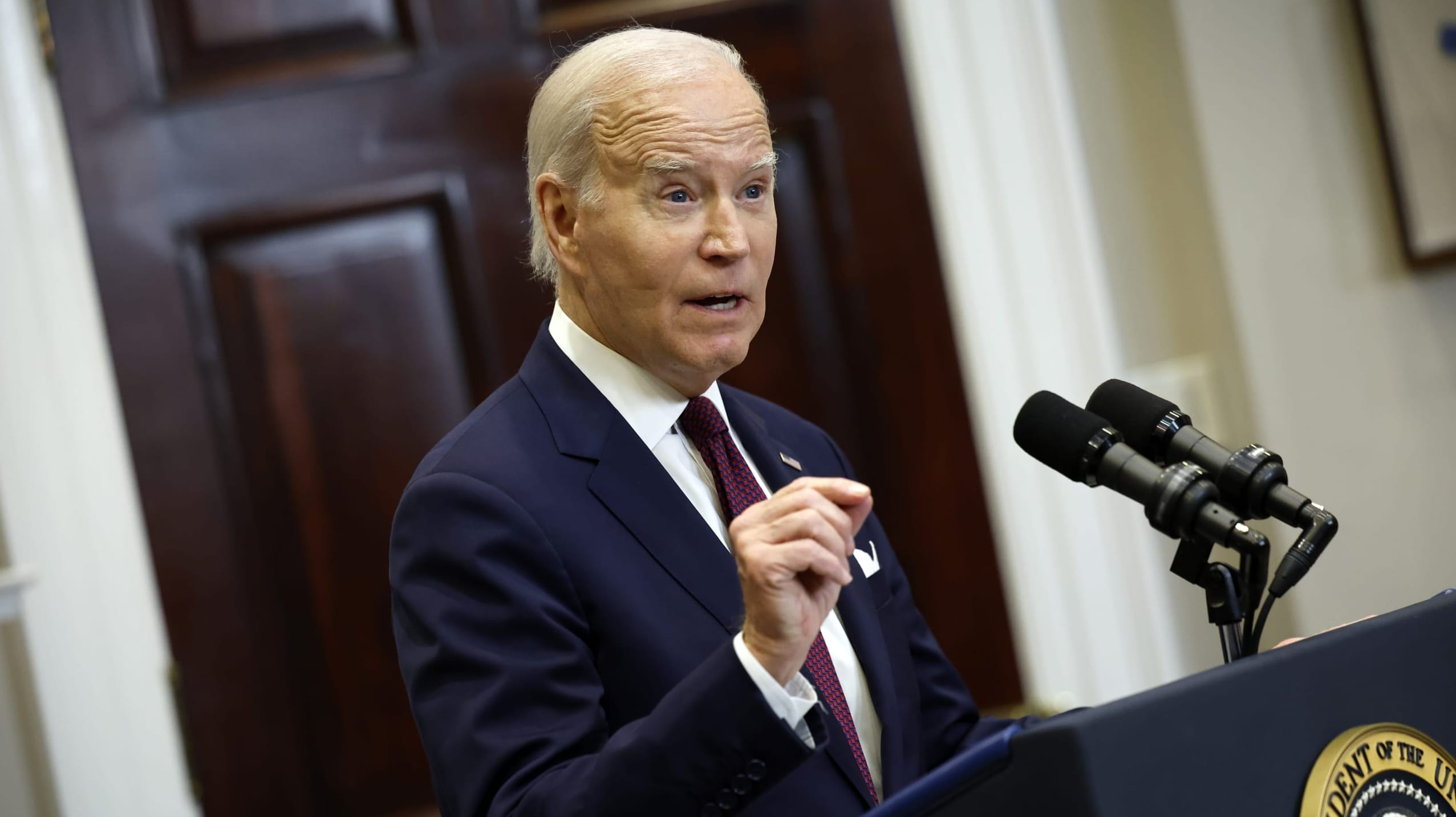
As a policy remedy to the Supreme Court’s decisions, the president proposed a new standard for higher institutions when considering admissions focused on a student’s adversity.
President Joe Biden said he “strongly” disagreed with the Supreme Court’s rulings on affirmative action, effectively ending race as a consideration for college admissions.
While giving remarks inside the White House Roosevelt Room, the president defended the higher education program as a tool used for decades to advance diversity, which he called “one of the greatest strengths of America.” He said affirmative action was a needed program because “Discrimination still exists in America.”
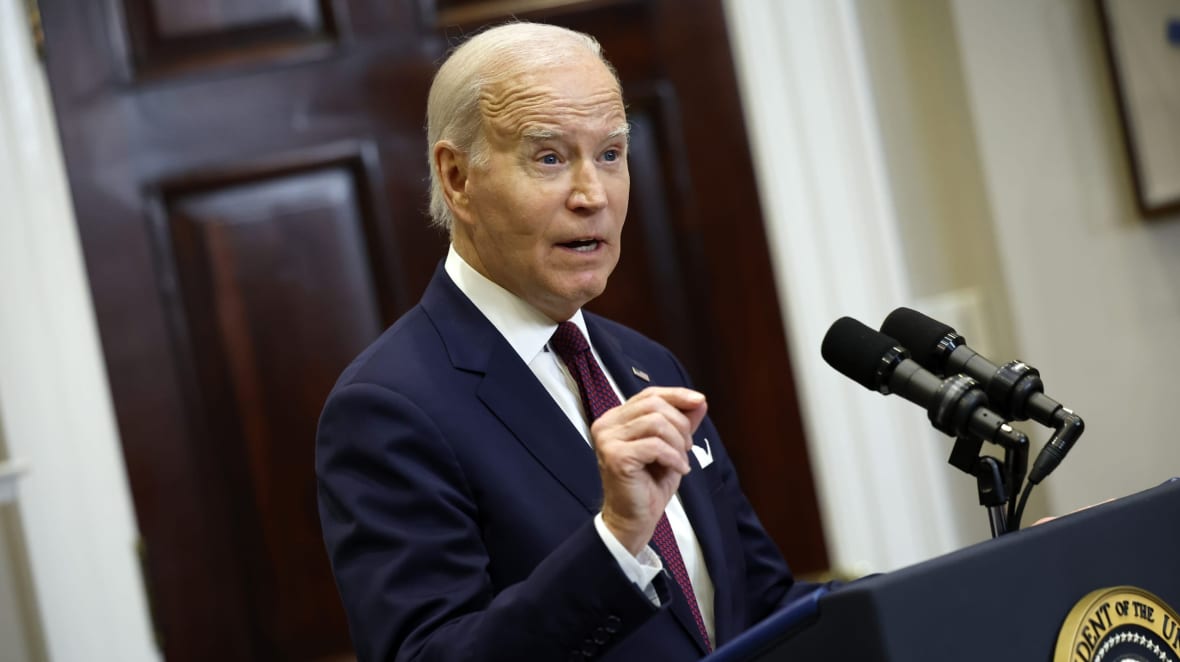
As a policy remedy to the Supreme Court’s decisions in the pair of cases against Harvard College and the University of North Carolina, Biden proposed a new standard for higher institutions when considering admissions focused on a student’s adversity.
After a student meets the same standards as affirmative action did before Thursday’s ruling, such as required GPA and test scores, the president’s new standard would consider measures of adversity, including “a student’s lack of financial means, because we know too few students of low-income families, whether in big cities or rural communities, are getting an opportunity to go to college.”
Biden said he is also directing the Department of Education to analyze what practices “help build a more inclusive and diverse student body” and what practices “hold that back,” such as legacy admissions and “other systems to expand privilege instead of opportunity.”
The president also sent a message to U.S. companies “who are already realizing the value of diversity” to “not use this decision as an excuse to turn away from diversity.”
Rakim Brooks, president of Alliance for Justice, praised President Biden’s remarks as “pitch perfect.” He told theGrio that what he saw was the president “trying to describe…the important role that diversity plays in the American experiment as a whole” and that “our diversity makes us stronger.”
During a White House press call hours after the Supreme Court rulings, Education Secretary Miguel Cardona called on universities to continue upholding diversity in their admissions process.
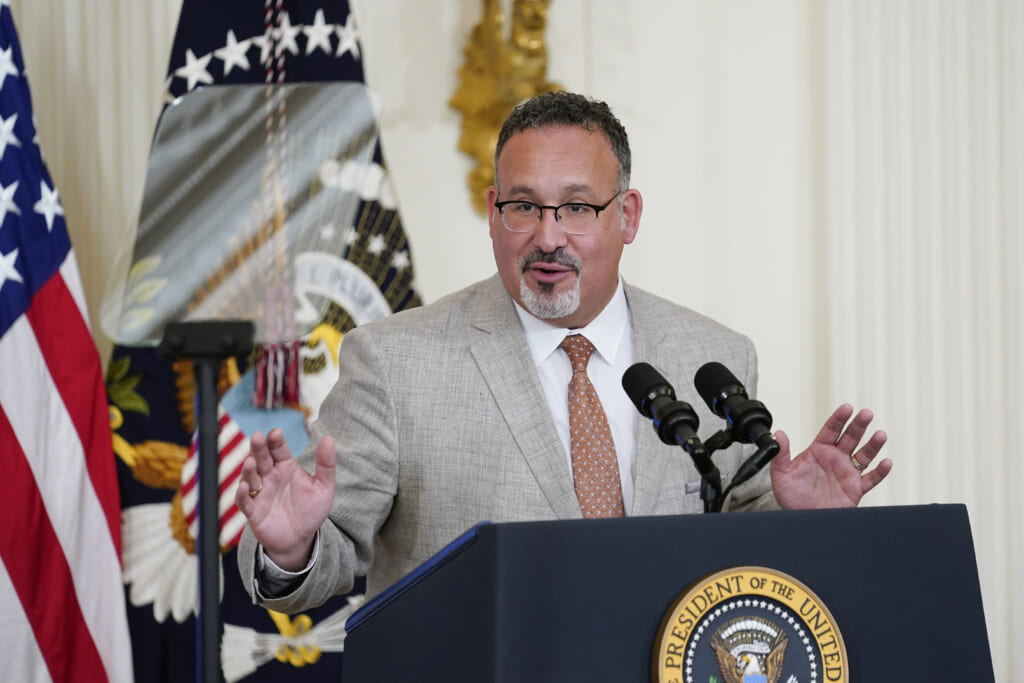
“Now is not the time to lessen your commitment to campus communities that reflect the rich and beautiful diversity of this nation,” said Cardona. That diversity, he noted, “enhances the college experience in a myriad of ways and prepares students from all walks of life to live, work and lead our democracy together.”
Secretary Cardona noted that a diverse learning environment brings “different perspectives that we need in this country, especially now where we see a lot of division.”
But while the ruling from the conservative majority does strike down the affirmative action programs at Harvard and UNC, Brooks noted that the decision does not outright ban race from being a consideration. Instead, as Justice John Roberts notes, race can be discussed in an applicant’s college admissions as a way of demonstrating qualities about their character.
Though it is more limiting than affirmative action, Brooks said President Biden’s new standard “will be helpful” as universities and students navigate what the Supreme Court’s ruling means moving forward.
Melanie Campbell, president and CEO of the National Coalition on Black Civic Participation, told theGrio that she was “extremely angry” by the court’s decision.
“There is an election coming up, and we will remember this,” said the civil rights activist, referring to the 2024 presidential election. She noted that of the many responsibilities of a president is the power to appoint a Supreme Court justice to the bench.
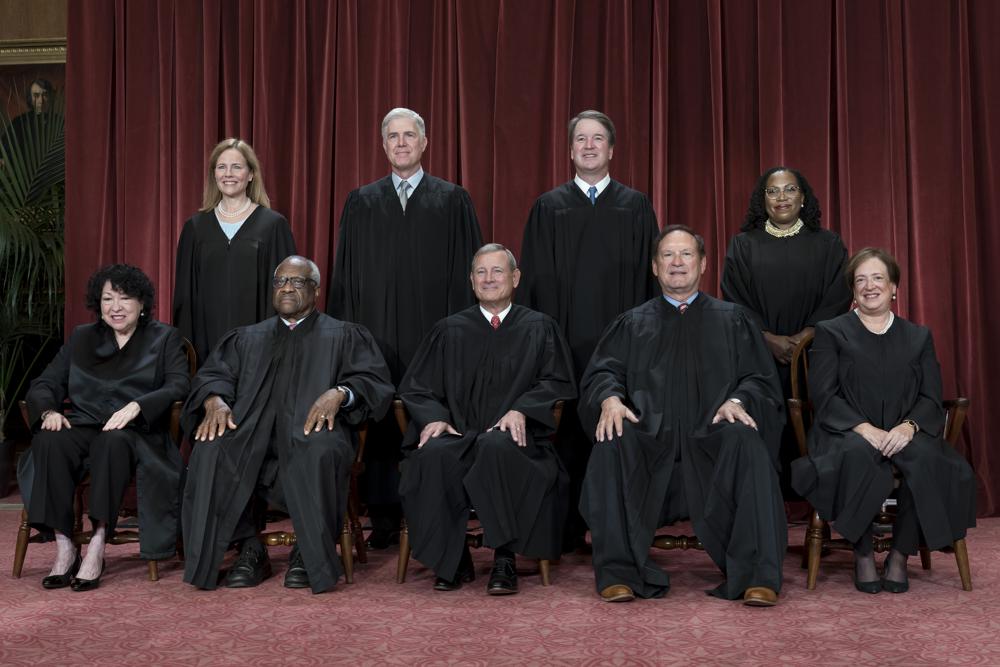
“There’s a higher level of understanding from that and we need to pay attention,” she said.
Campbell said that the public must look at the “makeup of that court and how it is being used as a weapon to reverse too many cases that have been set precedent in this country.”
As President Biden walked out of the Roosevelt Room on Thursday, he was asked by a reporter if the Supreme Court was a “rogue court.” In response, he said, “This is not a normal court.”
Brooks agreed with the president, telling theGrio, “He’s so right, and we’ve got to do something to return normalcy to our third branch of government.”
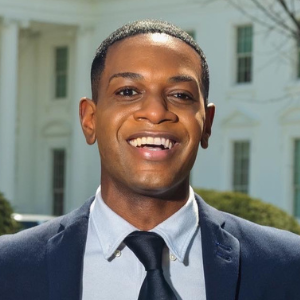
Gerren Keith Gaynor is a White House Correspondent and the Managing Editor of Politics at theGrio. He is based in Washington, D.C.
TheGrio is FREE on your TV via Apple TV, Amazon Fire, Roku and Android TV. Also, please download theGrio mobile apps today!
The post Biden slams Supreme Court ruling on affirmative action: ‘Discrimination still exists’ appeared first on TheGrio.












